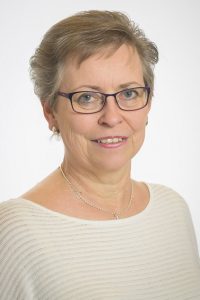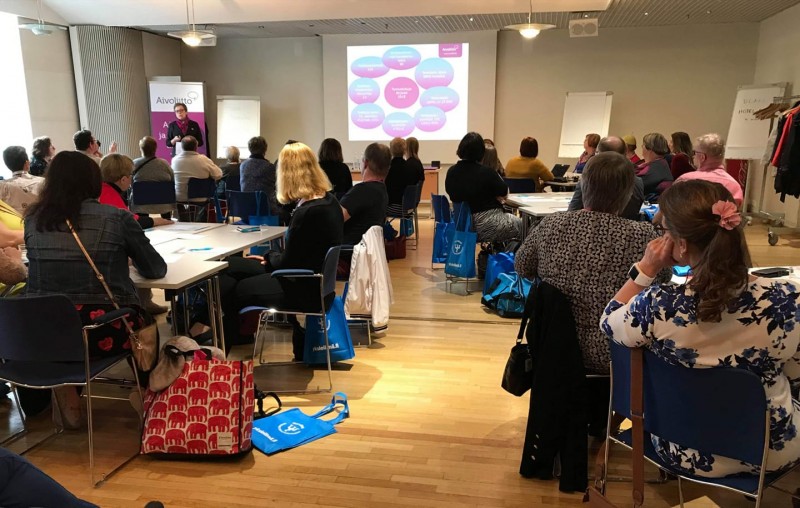When it comes to stroke treatment and aftercare, Nordic countries are often believed to be among the most advanced in Europe. Even so, there is a room for improvement as we learned from our conversation with Finnish Brain Association’s Executive Director Tiina Viljanen.

Tiina Viljanen, Executive Director of the Finnish Brain Association
SAFE: What is one issue related to the life after stroke in your country that you think needs special attention?
TV: The rehabilitation, for sure. In our country’s hospital districts, at best more than 40 per cent of stroke survivors are admitted to multi-professional rehabilitation. This is in line with national recommendations. In some hospital districts, however, multi-professional rehabilitation is only provided to a select few patients. This means that our country’s overall situation in stroke rehabilitation is poor: only 10–20 per cent of stroke survivors are referred to multi-professional rehabilitation. That is less than half of those who need rehabilitation. Every year, approximately 26,000 Finns suffer a stroke. A third of them die.
We also see that follow-up care for stroke patients in Finland depends too much on the patient’s domicile and age. Age and domicile play a role in both whether the patient receives rehabilitation and how long the rehabilitation lasts. Those over 65 are the most disadvantaged.
We work to end this kind of age discrimination and remind that studies show rehabilitation of elderly stroke patients in particular is worthwhile. We point out that timely, efficient stroke rehabilitation saves costs for society, as it reduces the need for long-term institutional care and decreases social welfare costs, among other things. Sadly, insufficient support measures for those affected by aphasia too. Therefore, the Finnish Brain Association keeps demanding that that people with a speech impairment also be provided with immediate, appropriate therapy and the possibility to express themselves.
SAFE: What would be the solution, i.e. what is your organisation’s position regarding this issue?
TV: Solution to insufficient stroke rehabilitation has to come from and by decision makers, in other words politicians, who regulate our healthcare system. Hospital districts and municipalities too have key role, while responsibility to arrange rehabilitation lies on to them. Therefore, we strive to educate, inform and influence decision makers and public service providers at all levels of the system, starting from very up from the Parliament. In the Parliament we have our own “spearhead”, the Brain -group, in which we have members from every acting political party. The most powerful argument we can use while influencing decision makers is money. Stroke is third the most costly NCD in our country. This expenditure could lowered alone by targeting rehabilitation correctly. Having said this, I have to stress that we also do work intently to raise public awareness on prevention of stroke, stroke symptoms, living with stroke and legal rights of stroke survivors.
SAFE: Please tell us more about your organisation.
TV: Finnish Brain Association is a non-governmental organization and we have just celebrated our 40. anniversary. Our funding comes from Veikkaus, the single gaming company owned by the Finnish State. We have over 40 local member associations and we operate nationwide. Association’s headquarters, The Suvituuli-center, is situated in southwest Finland in the city of Turku. Our main goal is to ensure that all stroke survivors receive high-quality and professional support and to minimize the number of stroke patients. We organize adaptation training courses, rehabilitation and recreational activities and educate our members and professionals in the field. We are active on the social media and publish the Aivoterveys (Brainhealth) magazine plus various other publications dealing with cerebral circulatory disorders. And last but not least, I would like to mention our prized Priceless processor -project through which we support the prevention of cerebral circulatory disorders.





